Isaac Asimov's Nine Tomorrows is a compelling collection of short stories that showcases the author's remarkable ability to blend science fiction with profound philosophical questions. Published in 1959, this anthology features nine distinct narratives, each exploring the implications of technology and human nature in a future that feels both familiar and unsettling. The stories included are: "Profession," "The Feeling of Power," "The Dying Night," "I'm in Marsport without Hilda," "The Gentle Vultures," "All the Troubles of the World," "Spell my Name with an S," "The Last Question," and "The Ugly Little Boy." Each tale serves as a microcosm of Asimov's broader themes, making this collection a rich tapestry of speculative thought.
One of the most striking aspects of Nine Tomorrows is Asimov's exploration of the relationship between humanity and technology. In "Profession," for instance, the story delves into the concept of education and the potential dangers of a society that relies heavily on machines for intellectual tasks. The protagonist, a young man named George, grapples with the implications of a world where human thought is diminished by the reliance on technology. This theme resonates throughout the collection, as Asimov raises questions about the value of human intellect in an age of automation.
In "The Feeling of Power," Asimov takes this theme further by examining the rediscovery of basic arithmetic in a future where computers have taken over all mathematical functions. The protagonist, a lowly technician, finds himself in a position of power when he realizes that he can perform calculations without the aid of machines. This story not only highlights the potential for human ingenuity but also serves as a cautionary tale about the dangers of complacency in the face of technological advancement. Asimov's ability to weave complex ideas into engaging narratives is evident here, as he invites readers to reflect on their own relationship with technology.
Character development is another strong suit of Asimov's writing in this collection. Each story features well-drawn characters who embody the themes being explored. In "The Dying Night," for example, the protagonist, a scientist named Dr. Hargrove, faces the existential dread of a dying universe. His journey is not just about the scientific pursuit of knowledge but also about the emotional toll that such knowledge can take. Asimov skillfully balances the intellectual and the emotional, allowing readers to connect with the characters on a deeper level.
Asimov's storytelling prowess is particularly evident in "The Last Question," which is often regarded as one of his best works. This story spans eons, following humanity's quest to find a solution to the ultimate question: "How can the entropy of the universe be reversed?" The narrative structure, which moves through different eras and perspectives, creates a sense of timelessness and urgency. The ending, which reveals the answer to the question, is both poignant and thought-provoking, leaving readers with a sense of wonder about the future of humanity and the universe.
Another standout story, "The Ugly Little Boy," showcases Asimov's ability to blend science fiction with emotional depth. The tale revolves around a Neanderthal child brought to the present through time travel. The interactions between the child and the adult characters raise questions about empathy, the nature of humanity, and the ethical implications of scientific experimentation. Asimov's personal attachment to this story is evident, as he masterfully captures the innocence of the child and the complexities of human relationships.
Thematically, Nine Tomorrows is rich with explorations of morality, ethics, and the human condition. Asimov does not shy away from presenting the darker aspects of technological advancement, such as in "All the Troubles of the World," where a supercomputer named Multivac predicts and prevents human conflict, ultimately leading to a society devoid of free will. This story serves as a stark reminder of the potential consequences of sacrificing autonomy for the sake of security.
Asimov's writing style is characterized by clarity and precision, making complex ideas accessible to a broad audience. His prose is straightforward yet engaging, allowing readers to immerse themselves in the narratives without getting lost in overly technical jargon. This accessibility is one of the reasons why Asimov's work continues to resonate with readers today.
In comparison to other science fiction authors, Asimov's approach is unique in its focus on the philosophical implications of technology rather than merely the technology itself. While authors like Philip K. Dick often explore the psychological effects of altered realities, Asimov's stories tend to center on the broader societal impacts of scientific advancements. This distinction makes Nine Tomorrows a valuable addition to the canon of science fiction literature, appealing to readers who seek not only entertainment but also intellectual stimulation.
Overall, Nine Tomorrows is a masterful collection that showcases Isaac Asimov's brilliance as a science fiction writer. Through his exploration of technology, character development, and philosophical themes, Asimov invites readers to ponder the future of humanity and the ethical dilemmas that accompany scientific progress. Each story stands on its own while contributing to a larger conversation about the human experience in an increasingly complex world. For those who appreciate thought-provoking science fiction, Nine Tomorrows is an essential read that will leave a lasting impact.
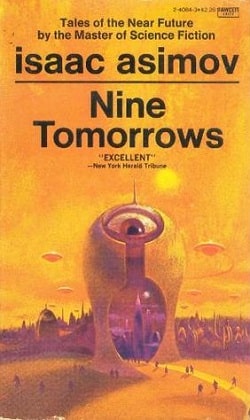




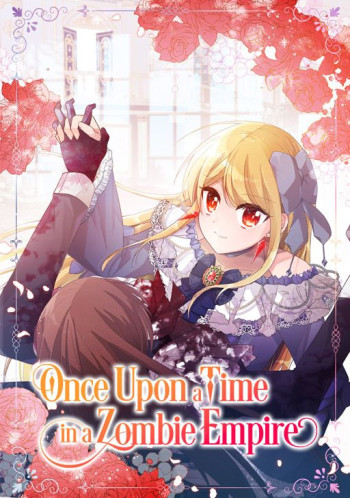

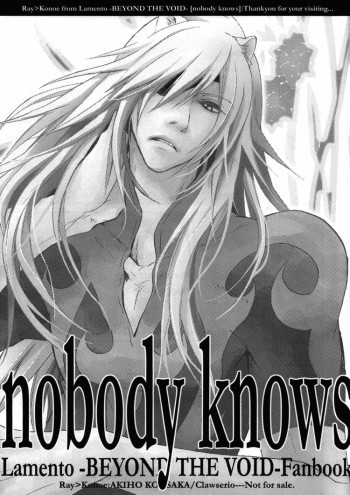
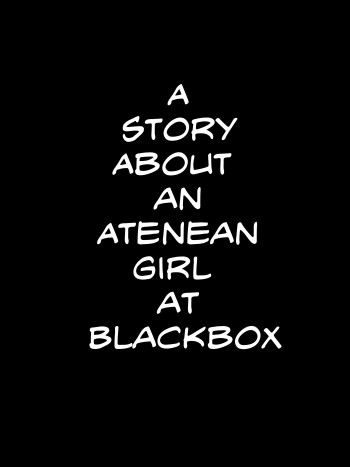
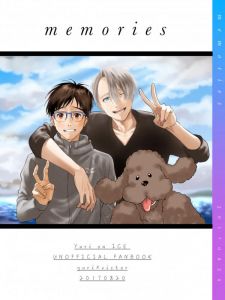
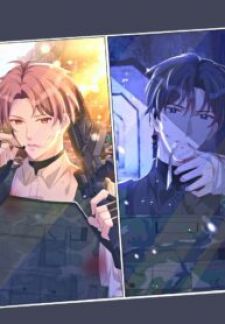
![The Demon King Levels Up [Official]](/upload/pic/manga/the-demon-king-levels-up--official-.jpg)

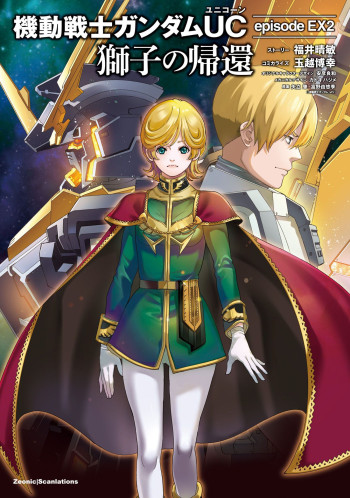










Reviews 0
Post a Reviews: